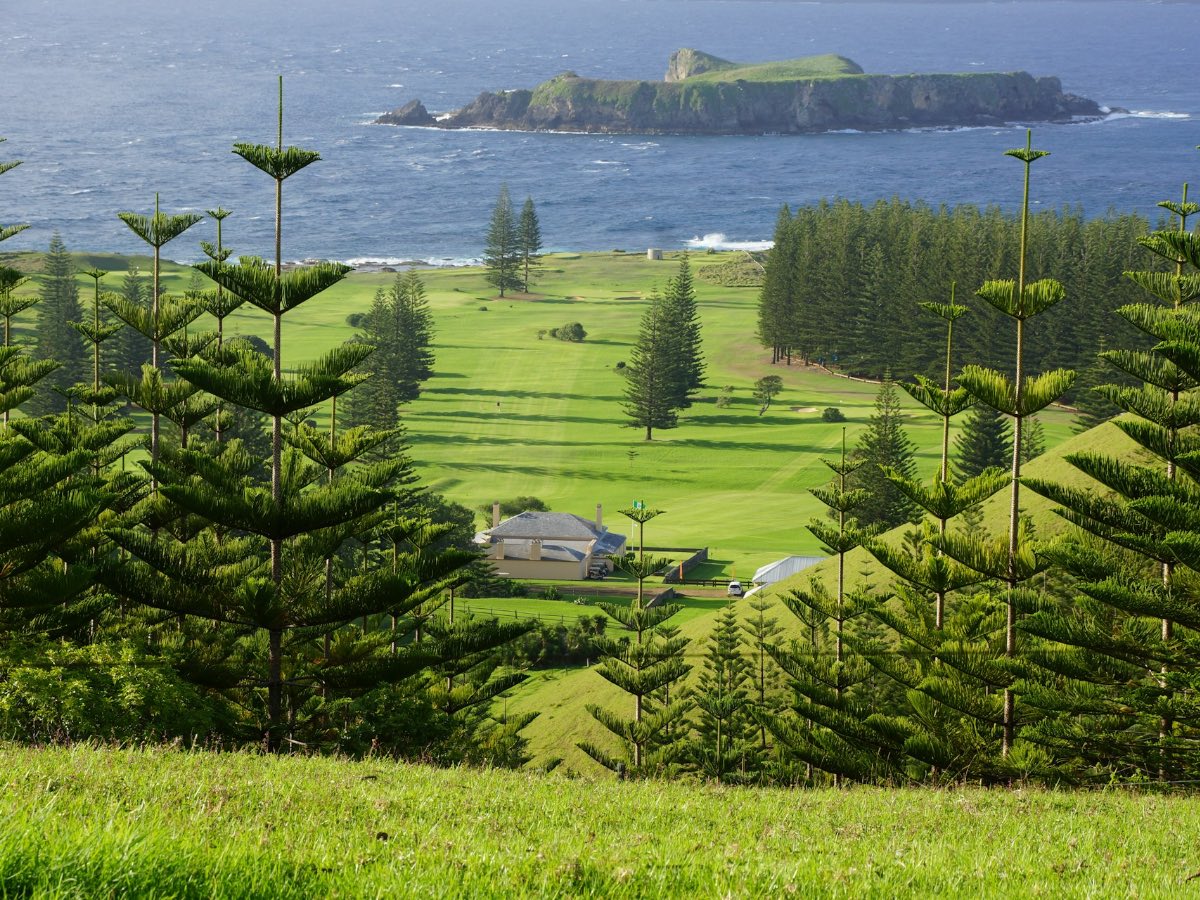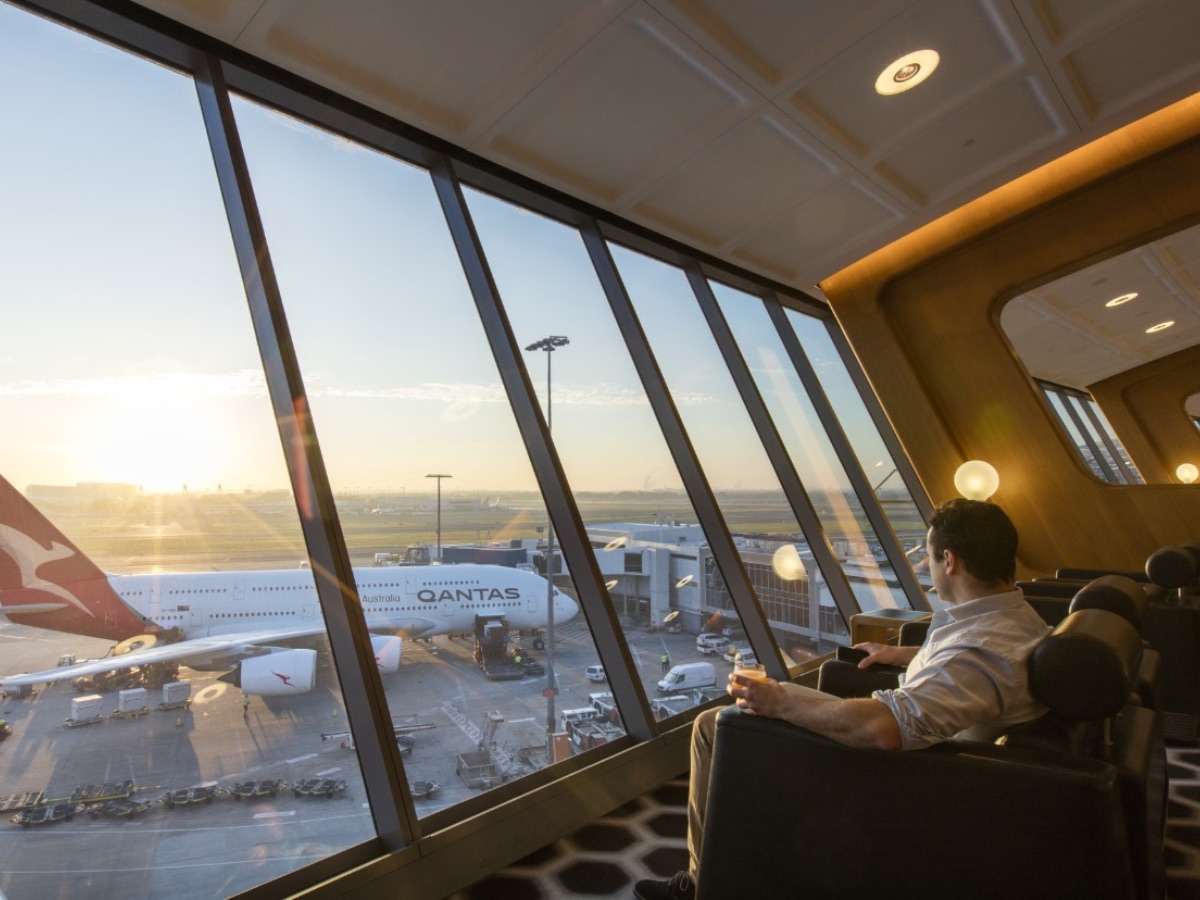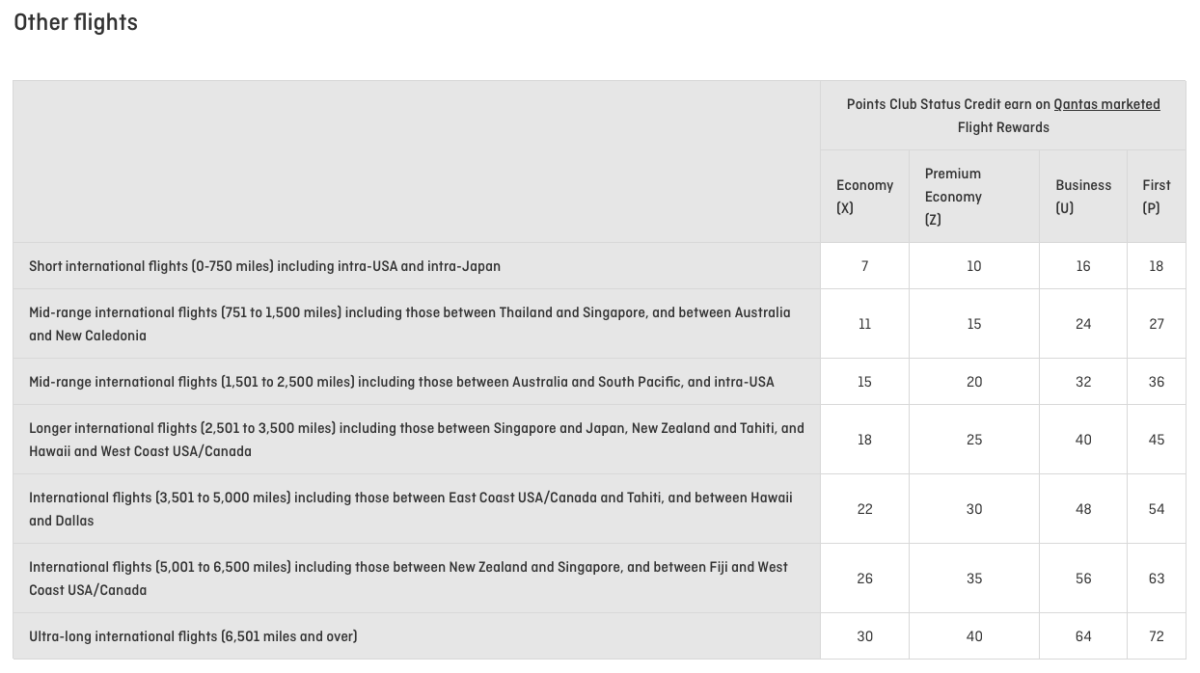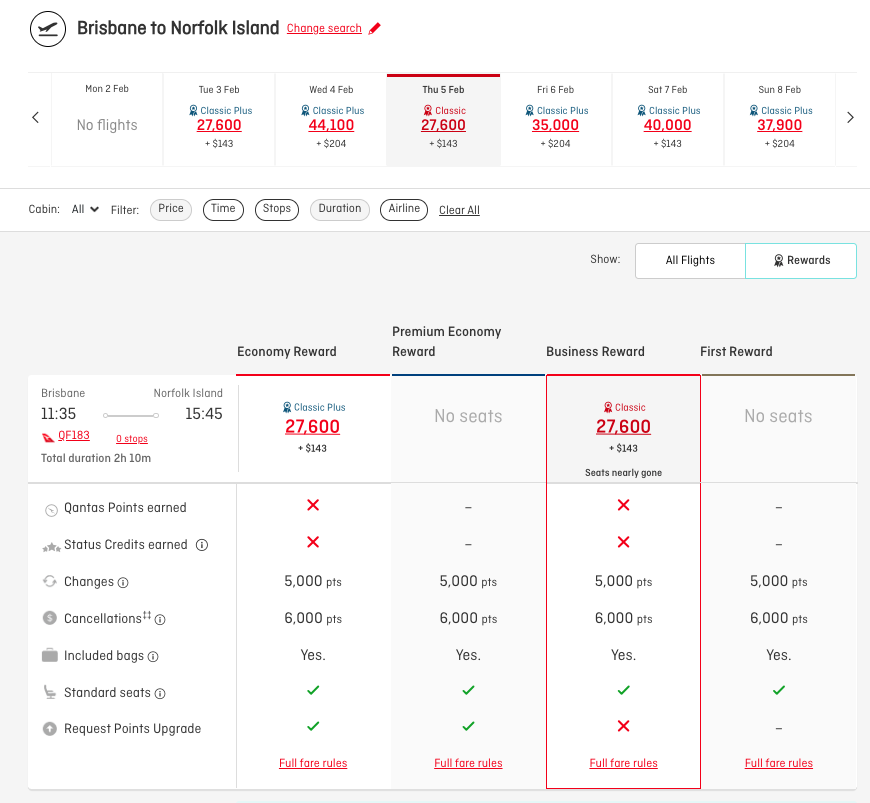Qantas Frequent Flyer Considers Norfolk Island an International Destination

Norfolk Island is an external territory of Australia, located in the Pacific Ocean between New Caledonia and New Zealand. Air New Zealand previously served the routes from Brisbane and Sydney to Norfolk Island until 2021, when Qantas took over and eventually won the Australian government contract to continue serving the island.
While these are domestic flights, Norfolk Island was historically outside the Australian migration zone. The routes from Sydney and Brisbane to Norfolk Island are treated like international flights for customs and biosecurity purposes. They depart and arrive at the international terminals in Sydney and Brisbane. Qantas has even given these routes flight numbers that are normally designated for international routes.
But as they are not actually international flights, the Australian government’s $70 Passenger Movement Charge (a.k.a. international departure tax) is not payable.
Treating Norfolk Island as an international destination has some benefits
The fact that Qantas’ flights to Norfolk Island depart from international terminals does have some benefits for passengers. A key advantage is access to Qantas’ superior international lounges for departing passengers, particularly the First Class Lounge in Sydney for Qantas Platinum, Platinum One and Oneworld Emerald frequent flyers.

Eligible passengers flying on the domestic leg of an international tag flight like QF5 or QF33 can also use the international lounges, even if just flying from Sydney to Perth.
Qantas Frequent Flyer members buying Business Saver fares also earn slightly more status credits, due to the loyalty program designating Norfolk Island as an international destination. But this also means that Economy Sale fares are ineligible for Qantas points upgrades.
How this affects Points Club members with Classic Reward bookings
In the grand scheme of things, it doesn’t really matter that Qantas treats Sydney-Norfolk Island and Brisbane-Norfolk Island as international routes.
What does matter is that there’s no way for Qantas Points Club members booking Business Reward seats on these routes to know that they’ll earn fewer status credits as a result.
This has caught quite a few AFF members by surprise over the years. Here’s what one of them wrote on our forum:
I have travelled to Norfolk Island a bunch of times since Qantas took over the route and more often than not via J Classic Award. I only just noticed on this occasion that I am receiving 24 Status Credits for the flight (Points Club), which indicates an international destination, instead of the 28 status credits for a domestic destination.
As a frequent traveller to Norfolk, I am well aware, flights depart and arrive through international terminals and the Qantas flight number, follows the international flight numbering convention, and the Island itself is duty free….. however, from my perspective, none of these unique characteristics of Norfolk make the island an International destination. It clearly has just as many uniquely domestic characteristics as well – hospitals and education provide by Queensland, votes in the ACT electoral district, has a NSW postcode, you don’t need a passport to travel there….. and it is a Territory of Australia just like Australia’s other Territories.
GrahamBRI on the AFF forum
The Classic Flight Reward tables for Points Club members on the Qantas website show that Australian domestic flights should earn the following amounts of status credits:

The distance from either Sydney or Brisbane to Norfolk Island is between 751-1,500 miles. This would mean that Points Club members booking a Business Reward seat would earn 28 status credits. But Qantas is actually awarding status credits from the Norfolk Island routes according to the “Other flights” table, meaning an earn rate of 24 status credits.

Again, this in and of itself isn’t a big deal. The problem is that Qantas does not disclose this exception for Norfolk Island anywhere.
Indeed, there’s no obvious way to see this when booking your flight either, since the Qantas website shows Classic Reward bookings as earning no status credits. (The ability to earn status credits on these tickets is a specific benefit only for Points Club members.)

The Qantas Points Calculator does not show status credit earn rates for Classic Reward bookings either.
Qantas will update its website
We got in touch with Qantas about this issue. While Qantas didn’t provide a statement, we understand that the airline plans to update its website to make it clearer that it treats Norfolk Island as an international destination for the purpose of awarding status credits. This hasn’t happened yet, but hopefully it will soon.



Community Comments
Loading new replies...
Join the full discussion at the Australian Frequent Flyer →